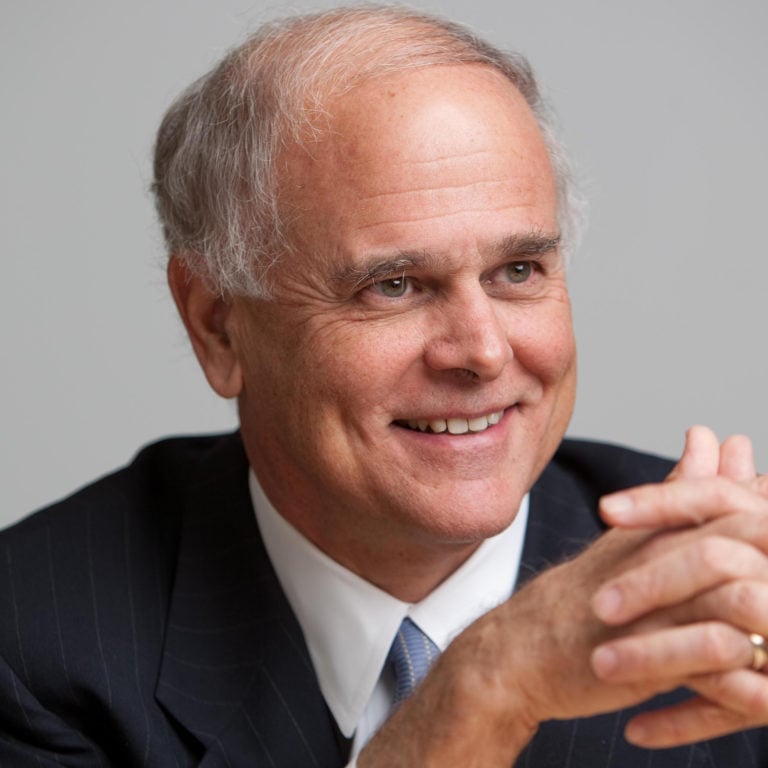
Grandpoint Bank, downtown L.A.’s newest banking outfit, made yet another acquisition this month to bolster its rapidly expanding franchise that, by any measure, is unusual.
After the closure Nov. 5 of First Vietnamese American Bank in Westminster, Grandpoint scooped up the assets of the failed ethnic institution in a move observers called rare and potentially risky.
Since it launched its banking operations in June, holding company Grandpoint Capital Inc. has acquired five small but diverse community banks in two states, including Santa Ana Business Bank, which catered to a largely Latino population.
Grandpoint executives said they intend to broaden the businesses of the Vietnamese and Latino banks by incorporating them into the five-month-old Grandpoint franchise.
But analysts question whether the management team can integrate culturally and geographically disparate institutions under one umbrella without alienating existing customers.
“(This) poses a much higher level of challenge and a much higher level of risk,” said John Carusone, president of Bank Analysis Center Inc. in Hartford, Conn. “The challenge is going to be to stitch together a management team that recognizes the uniqueness of the various ethnic customer constituencies but also has the ability to operate a multibank holding company in a safe and sound – and profitable – manner.”
Ethnic banks, of course, thrive in Los Angeles, which is home to large Korean, Chinese and Hispanic populations, among others. But crossover between ethnic and mainstream banks is rare. When an ethnic bank is close to failing, for instance, the Federal Deposit Insurance Corp. gives preference to similarly chartered banks as potential acquirers over mainstream institutions.
Customers in ethnic communities are often drawn to banks that are owned by members of their community, ones that offer services in multiple languages and that are trusted in the community.
Bert Ely, a bank consultant in Alexandria, Va., said customers are even swayed by the name of a bank, which could present “a real management challenge” when the First Vietnamese signs come down.
Don Griffith, Grandpoint’s founder and chief executive, said he is not worried. He sees ethnic banks as fundamentally the same as mainstream institutions, with minimal challenges integrating and operating them.
“The fact that it’s Vietnamese or otherwise is irrelevant to us,” said Griffith, a veteran Southern California banker who raised more than $300 million from industry connections to start Grandpoint this year. “Whether it’s Vietnamese or Hispanic or the various ethnic groups we’ve got in Southern California, it makes little difference to us (as long as) we’ve got talented people or a platform in a market where there’s growth opportunities.”
Consider his strategy with Santa Ana Business Bank, which had been founded in late 2007 to lend to Hispanic entrepreneurs. The bank, which struggled to grow during the recession, had just $26 million in assets when Griffith bought the bank for just over $7 million, replaced management and invested $67 million to support growth in the new bank.
Griffith said he sees the value in maintaining relationships, particularly in an area as culturally diverse as Los Angeles. To that end, the former Santa Ana Business Bank retained tellers who speak Spanish, and continues to display signs and advertisements in multiple languages.
“We have many, many different ethnic groups in Southern California,” he said. “We’ll have a staff that’ll be very diverse and have people who can do well in those communities.”
Additionally, many of the loan officers and other employees will remain in place at the acquired institutions in order to maintain existing community relationships.
Griffith said he will play it by ear, to an extent, with the new acquisitions, and allow employees to appeal to the community in ways they see fit.
Acquisition hunt
Still, Grandpoint’s ambitions are larger than any particular ethnic niche. In addition to opening a downtown L.A. location, the bank is planning to open a branch in the South Bay in coming months.
After the Santa Ana bank, Griffith bought First Commerce Bank in Encino. The holding company also acquired two one-branch mainstream institutions in Arizona, which will remain separate from Grandpoint Bank.
The holding company has deployed less than half of its capital, and Griffith said he continues to hunt for attractive acquisition opportunities. In the case of First Vietnamese, which represented Grandpoint’s first failed-bank deal, Griffith said it was simply an opportunity to grow its footprint.
First Vietnamese opened in 2005 to great fanfare as one of the few banks specifically serving the area’s estimated 200,000 Vietnamese-Americans. But the bank struggled to remain profitable and rising loan losses prompted enforcement orders by regulators.
Grandpoint picked up the bank’s $47 million in deposits and $48 million in assets, including its only branch.
Walt Mix, an L.A. bank consultant and the former commissioner of the California Department of Financial Institutions, said it is exceedingly rare for ethnic banks to be bought by institutions outside their market niche, but that doesn’t mean it was a bad move on Grandpoint’s part.
Mix, who has known Griffith and other Grandpoint executives for several years, pointed out that the bank’s leadership has extensive experience in buying, selling and running banks. Griffith, for instance, acquired several banks as head of First Coastal Bank, which he subsequently sold in 2007.
What’s more, Mix added, buying a series of small banks makes it easier to assess the quality of the underlying loan portfolios.
“That’s a good way to minimize risk as opposed to trying to buy a very large institution,” he said. “I think it’s a wise approach.”
